M. Night Shyamalan is one of the most identifiable directors of the modern thriller, but how do his films in the genre rank from worst to best? After two little-seen early films, the auteur stormed onto the scene with The Sixth Sense. A genre-defining “debut” that became an instant phenomenon, that film earned him his first and only Best Director nomination at the Oscars, and (for better or worse) set the bar for a career that continues to this day.
His follow-ups, Unbreakable and Signs, earned him similar raves, but by the time he released The Village, his perception in the public eye was veering into backlash, with many criticizing his over-reliance on twist endings. This led to the reactionary self-indulgence of Lady in the Water, and the almost career-ending disaster that was The Happening. After retreating into director-for-hire gigs like After Earth and The Last Airbender, Shyamalan teamed up with Blumhouse for a one-two punch that would mark one of the most impressive career resurrections in modern cinematic history.
Now, with the release of Old, the Shyamalan renaissance is in full effect. A remarkably confident visual storyteller who has always made a bold swing whether the audience was for or against him, his near three-decade career is overflowing with some of the best and worst thrillers of the modern era. Here they all are, ranked from worst to best.
10. The Happening (2008)
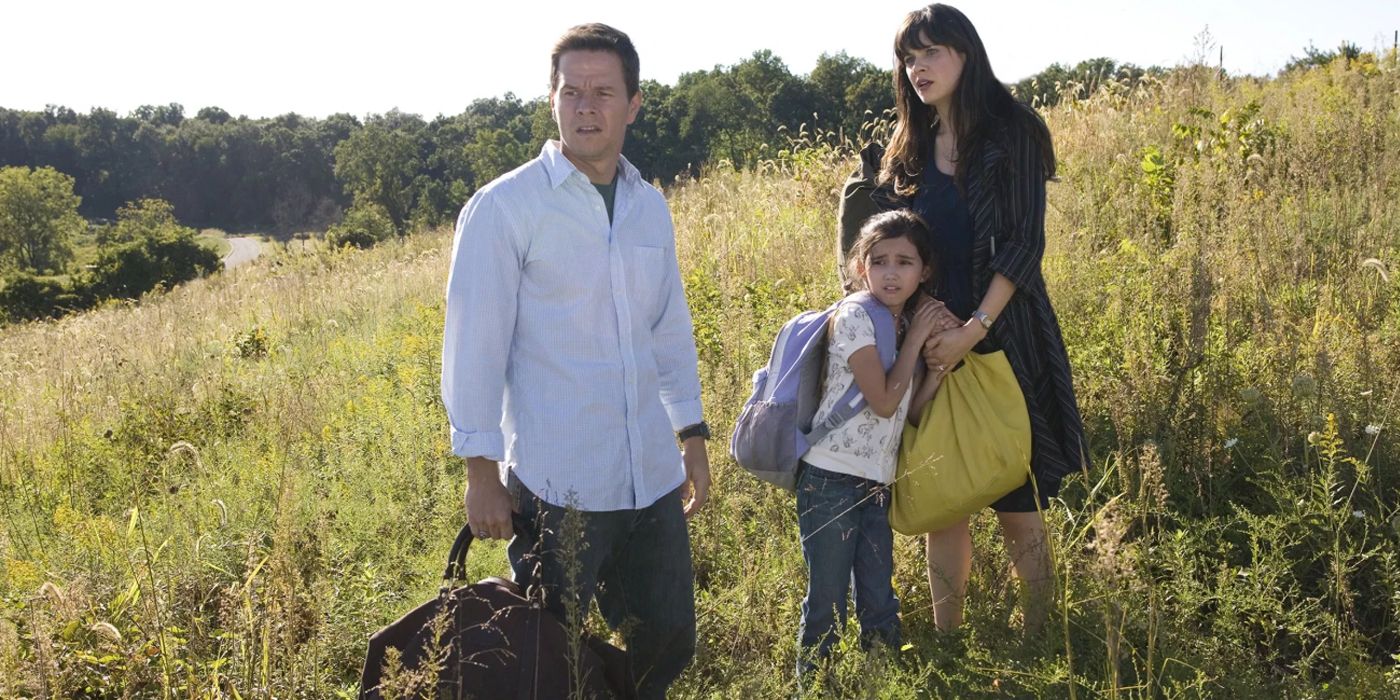
Without a doubt one of the most bizarre big-budget films of the 21st century, The Happening represents the implosion of the M. Night phenomenon in real-time, though some have argued it doesn’t deserve its bad reviews. Marketed as the director’s first R-rated film, it doesn’t take long to realize that this is a failure on every conceivable level, from the central plot of plants wiping out humanity via airborne toxins to Mark Wahlberg’s and Zooey Deschanel’s laughable performances, to its signature setpiece featuring characters literally running away from the wind. Some diehard Shyamalan fans have tried to reframe this movie as an intentionally funny meta-commentary on the genre, but as fantastic as it is that the filmmaker was able to bounce back from this calamity, there’s no denying it: this is without a doubt the worst film he’s yet made.
9. Lady in the Water (2006)
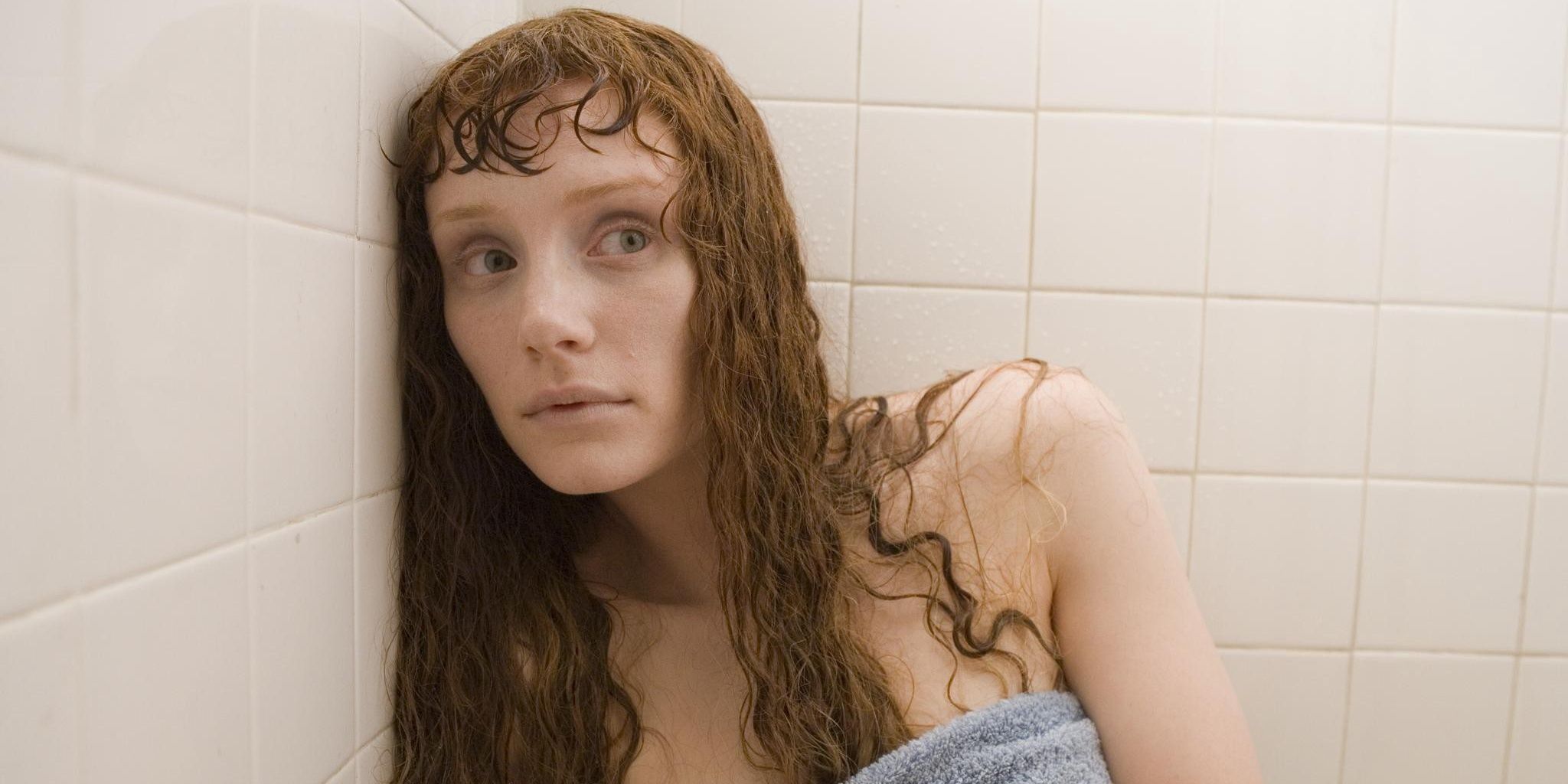
If The Happening represents the end of Shyamalan’s career as a celebrated wunderkind auteur, Lady in the Water was the canary in the coal mine. It’s a dazzlingly self-indulgent fantasy concerning a water nymph played by Jurassic World: Dominion star Bryce Dallas Howard who entreats a tenement super played by Paul Giamatti to help her escape a pack of supernatural creatures called Scrunts. That’s to say nothing of the film’s casting of Shyamalan as a writer whose work has the potential to save mankind, and of Bob Balaban as a film critic who keeps getting in his way and is eventually quite literally eaten by wolves. That might all be forgivable if this “bedtime story” made any attempts at a cohesive mythology or even was engaging in any way at all on a narrative level, but as it is, it plays like a fairly tasteless revenge fantasy enacted by a filmmaker who’s perhaps been given too much free rein.
8. Glass (2019)
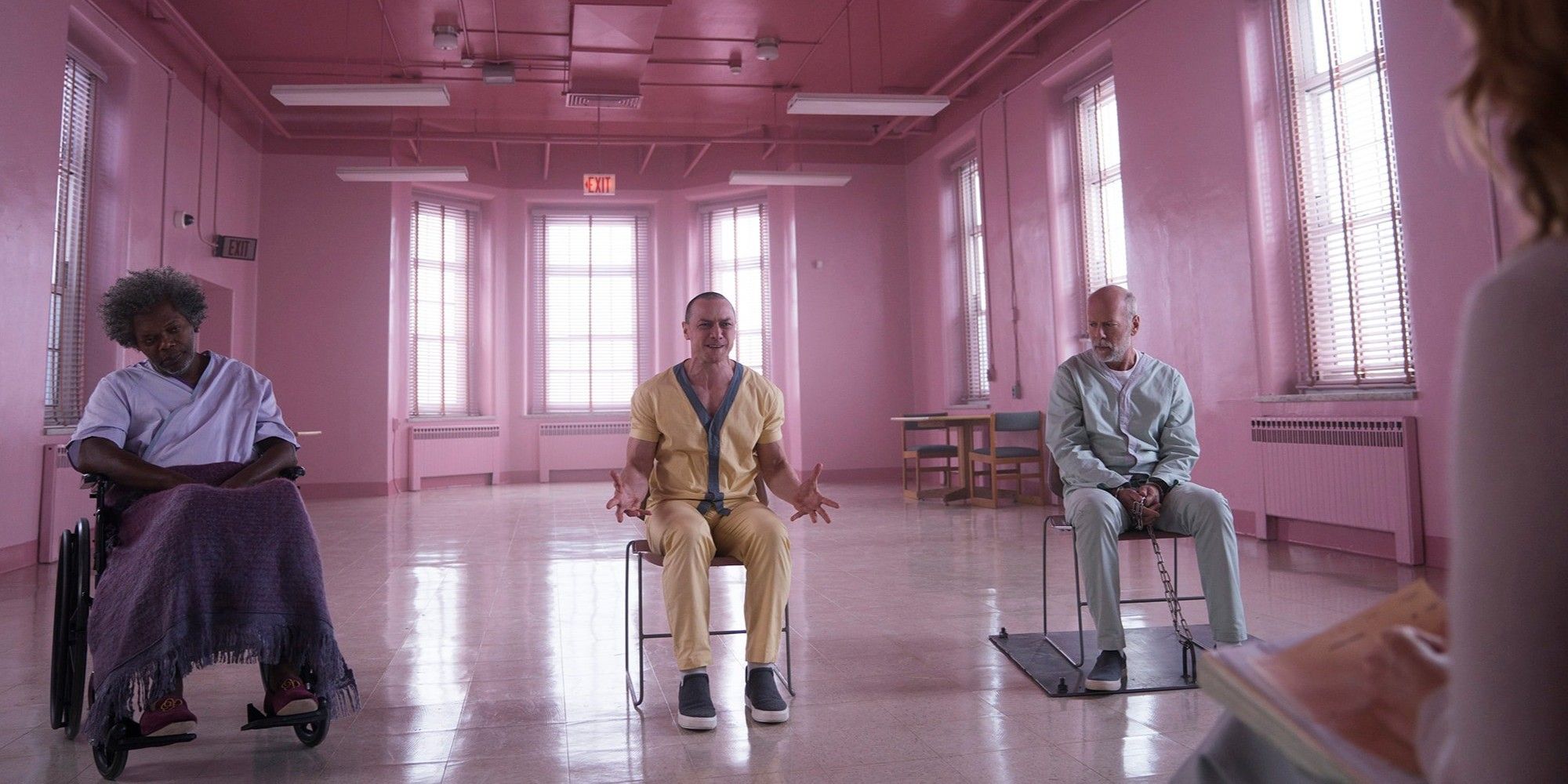
After a shocking and impressive career revival leaving blockbusters behind with The Visit, Glass sees M. Night Shyamalan repeating the mistakes of Lady in the Water and The Happening with this over-indulgent, self-important take on the superhero genre. Concluding the de facto trilogy that began with Unbreakable and continued with Split, Glass brings Bruce Willis’ David Dunn and Samuel L. Jackson’s Elijah Price together with James McAvoy’s Kevin Wendall Crumb for what should have been a triumphant finale. Alas, the film is more reactionary grandstanding from Shyamalan, a rambling diatribe that states firmly it can make a better comic book movie than Marvel or DC, but then fails to engage with the genre in any meaningful way. Glass sees Shyamalan squandering a comeback and disappointingly eschewing his undeniable skills at creating mood and tension, and the result is a film that’s more manifesto than movie.
7. Old (2021)
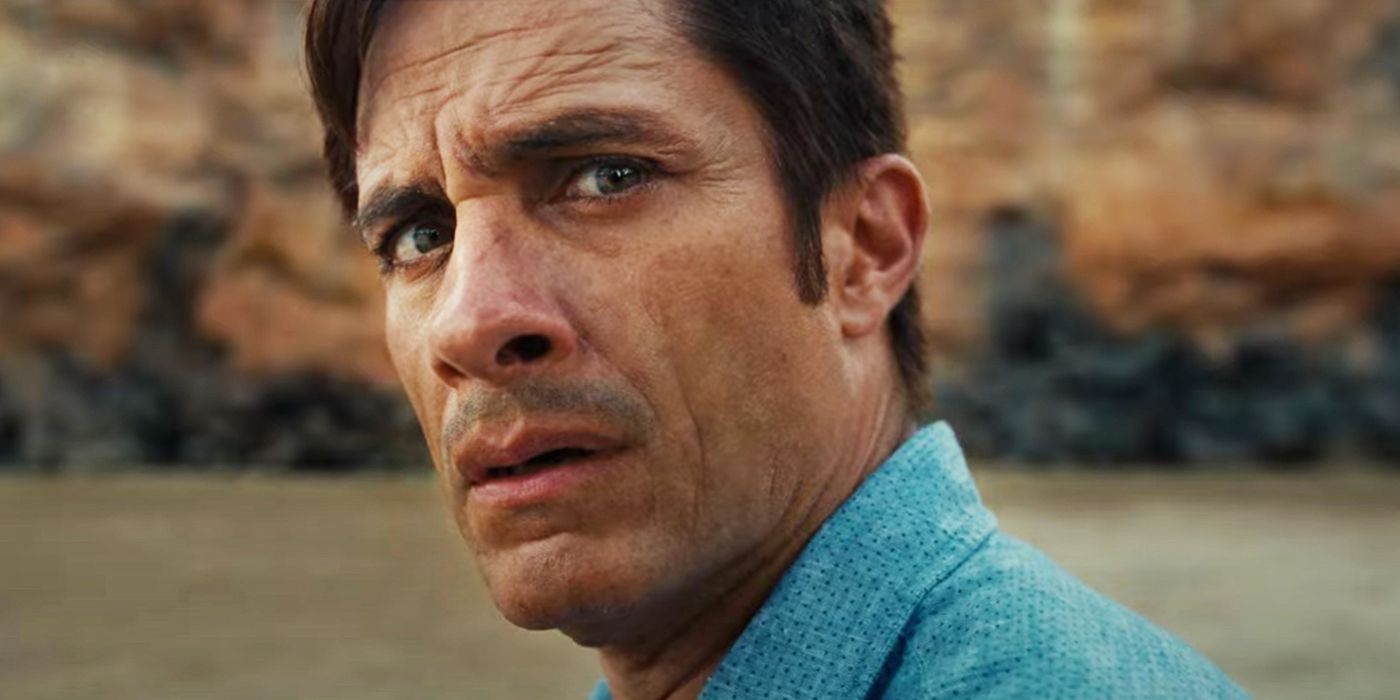
Shyamalan’s latest, inspired by the graphic novel Sandcastle, has a genuinely evocative idea at its center: what if there was a horror movie where the monster was time? The anxieties of parents seeing their children grow before their very eyes, or of the bent backs, bad eyesight, and wrinkles that accompany all aging are indeed a nervy subject for a thriller. Alas, the auteur seems unable to delve deep into the psychological terror of the concept, opting instead for a rushed parade of body horror and saddling his overqualified ensemble cast with one of the most stilted, tonally confusing screenplays in his canon. Of course, Shyamalan is as confident a visual storyteller as ever here. His mise en scene is solid, and many of the shots glide from one character to another like a tide rushing to and from shore, filling the viewer with dread that when the camera returns to its first subject they’ll be little more than a pile of bones. Unfortunately, the film’s surface-level execution renders it much like its characters; it gets old fast.
6. The Visit (2015)
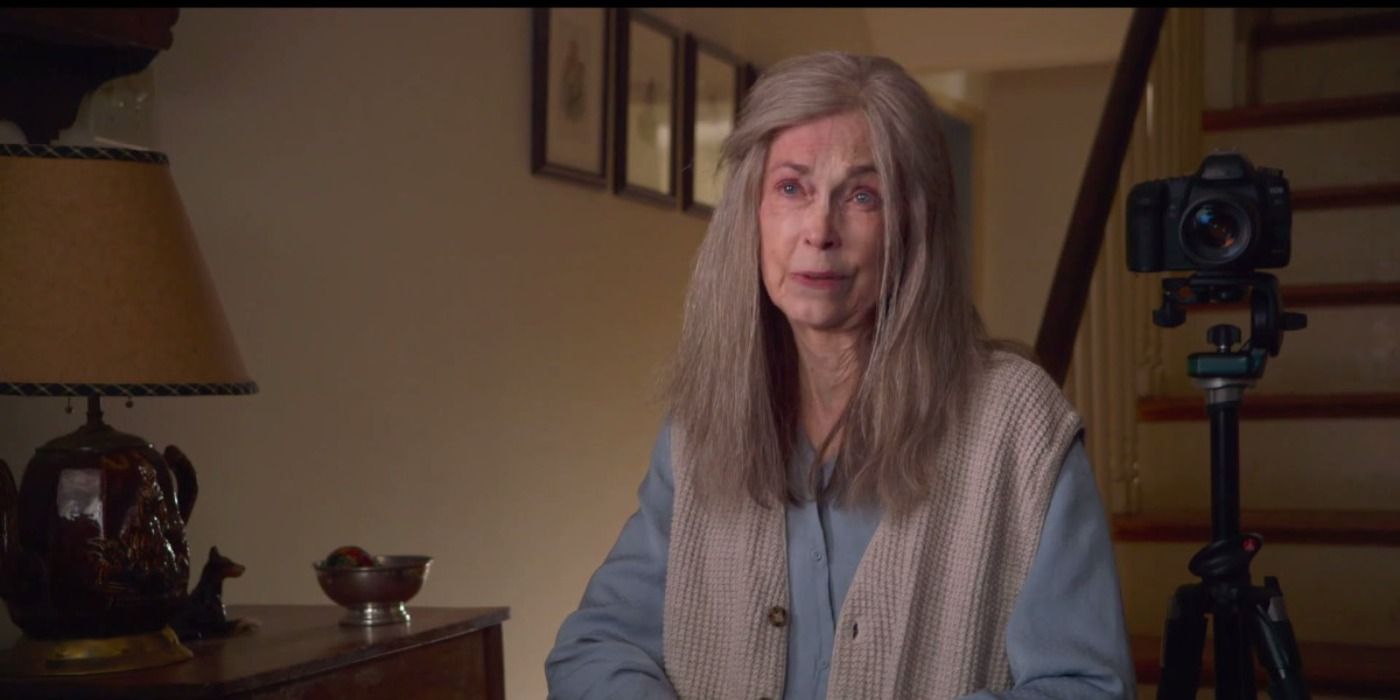
After the almost career-ending low of The Happening, Shyamalan moved on to similarly disappointing, but more director-for-hire projects like After Earth and The Last Airbender. In 2015, he teamed up with Blumhouse for this modest found footage film about two kids visiting their grandparents for the first time. While not a complete return to form, it’s undeniably a step in the right direction. Shyamalan feels fully liberated by the shaky cam cinematography style and manages to transcend potential gimmickry into a new vehicle for his mastery of dread and tension. The Visit is unashamedly a small-scale chamber piece, but its back-to-basics approach sees the director crafting something genuinely chilling and surprisingly funny.
5. Split (2017)
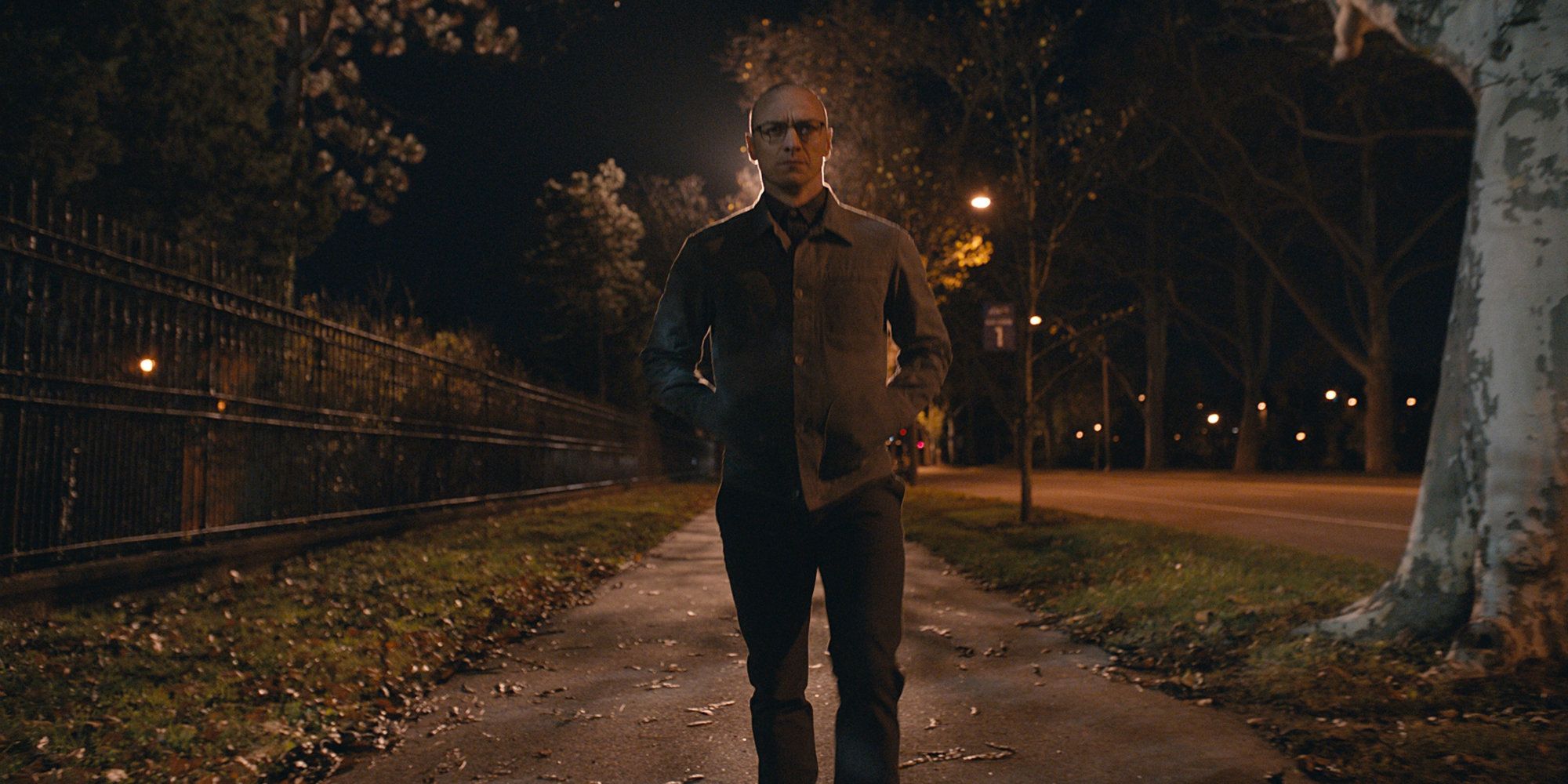
For those wondering how M. Night Shyamalan managed to make such a comeback after the disaster run of Lady in the Water, The Happening, The Last Airbender, and After Earth, look no further than Split. Another Blumhouse collaboration, this delicious thriller sees Shyamalan at his most visually playful in almost a decade, telling the story of a young woman abducted by a man with 23 personalities with the Hitchcockian style he brought to his earlier films. His proclivity for camp, so poorly executed in Lady in the Water and The Happening, is also given a master’s execution in a powerhouse performance by James McAvoy, having an absolute ball. A final twist that reveals the film as a backdoor sequel for Unbreakable and prequel for Glass clearly didn’t pay off well, but taken on its own terms this is proof enough that Shyamalan still has plenty more tricks up his sleeve.
4. Signs (2002)
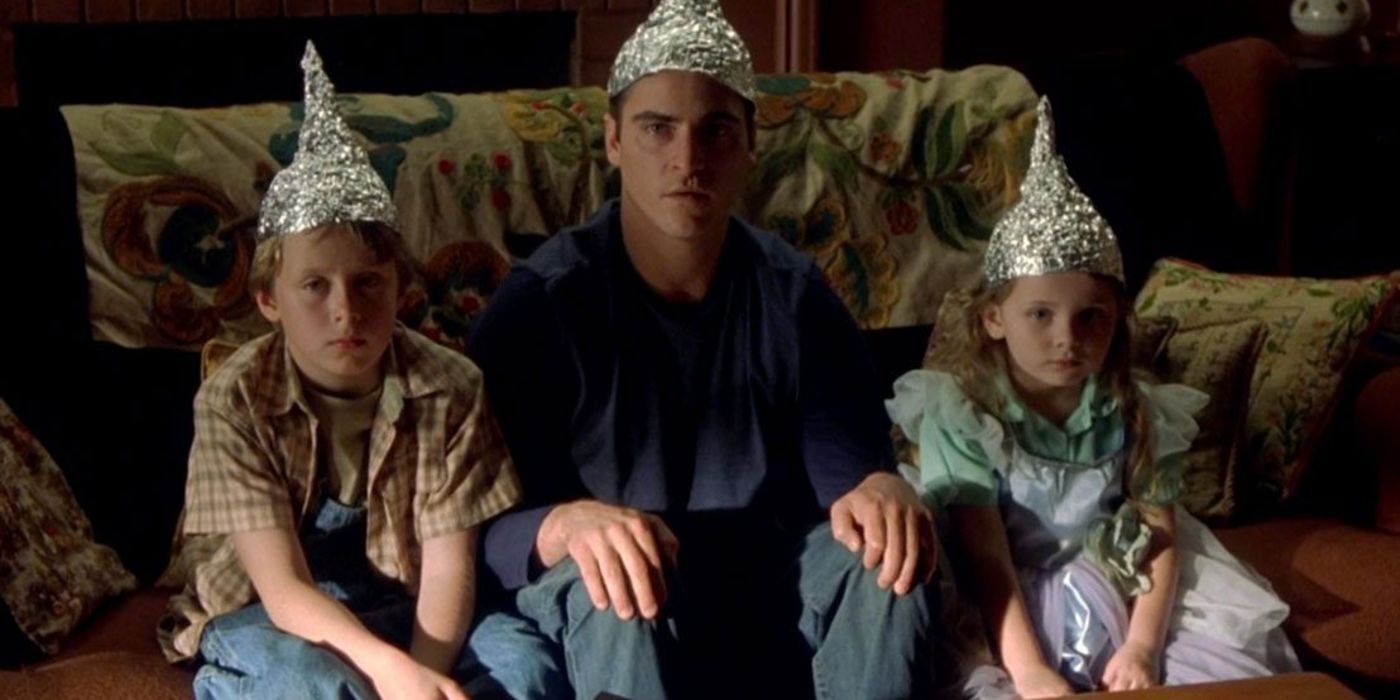
Yes, the ending still ranks as one of the worst to ever cap off a studio film. However, Signs is still brimming to bursting with all that made Shyamalan such a phenomenal director in the early part of his career. His exquisite balance of light humor, nervy terror, and warm humanity is on display for much of this tale of an ex-priest and family man who discovers signs of extraterrestrial life, and Mel Gibson and Joker‘s Joaquin Phoenix ground the proceedings with some exceptionally solid performances. The screenplay often shows the cracks that would open into chasms over Shyamalan’s next few films, but his direction and staging here are so confident (see: the first reveal of the alien during news footage, one of the scariest moments in modern horror movies) it’s no wonder he was being hailed as the next Spielberg.
3. The Village (2004)
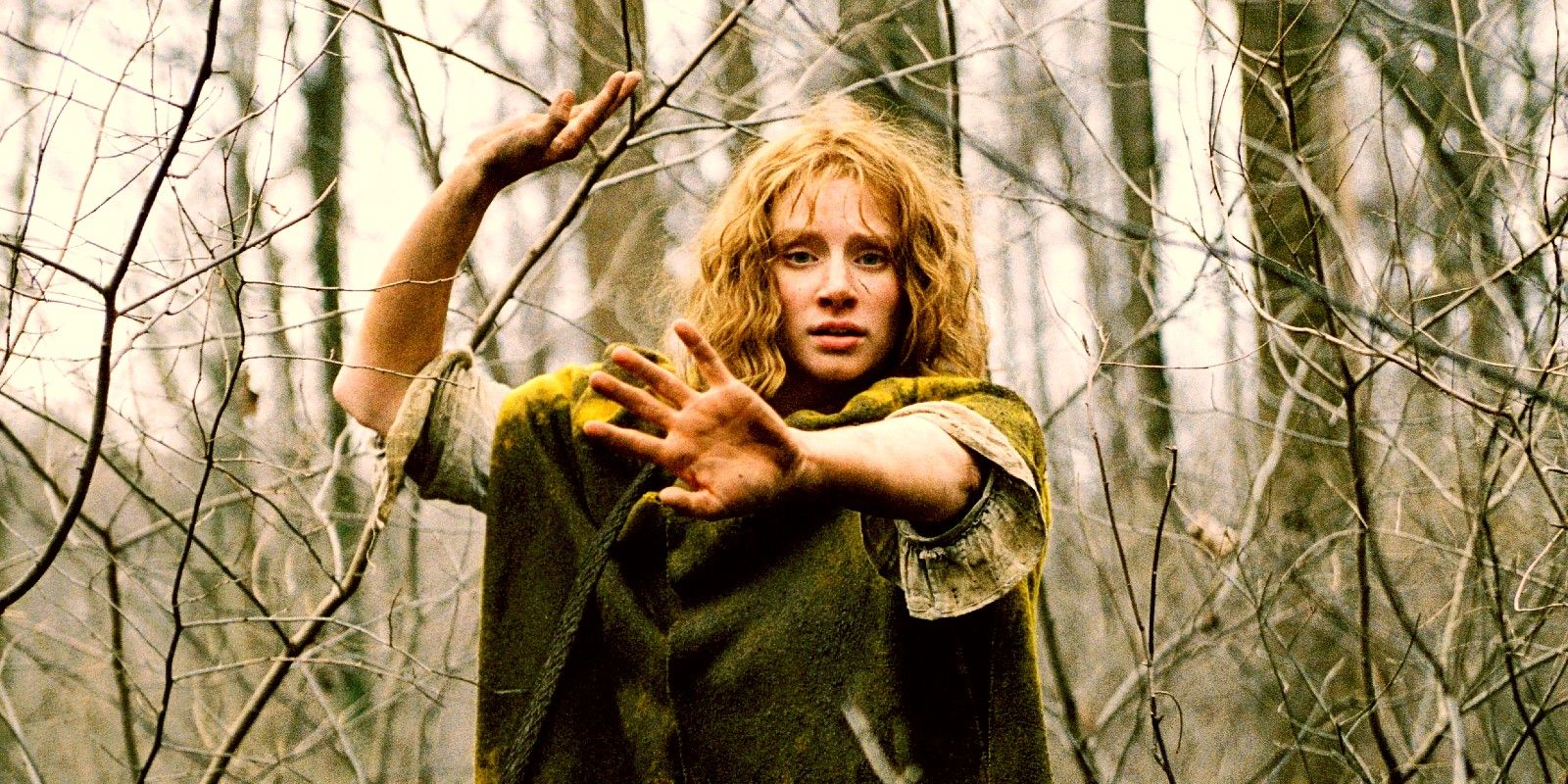
This was the movie that really cemented the public’s criticism of M. Night Shyamalan as too twist-focused, and as such it’s somehow remembered as a bad movie. That couldn’t be further from the truth, as The Village is one of Shyamalan’s most ambitious, cohesive, and haunting films. True, the twist is a bit of a shrug (in actual fact, it would probably be better if it was just stated for the audience right from the getgo), and Adrien Brody’s performance is as unwatchable as Bryce Dallas Howard’s is underrated. However, this is the director’s most formally striking work, with the best setpieces in his filmography, stunning cinematography from Roger Deakins, and a score by Dark Knight composer James Newton Howard that ranks as one of his best. It’s also a shattering portrait of collective grief that ripples far past its post-9/11 origins. While the reveal that society would dress up as monsters to keep its inhabitants from the real world may be laughable to some, that’s partly the point. Such self-deception and disinformation can’t possibly work forever, and Shyamalan knows that.
2. Unbreakable (2000)
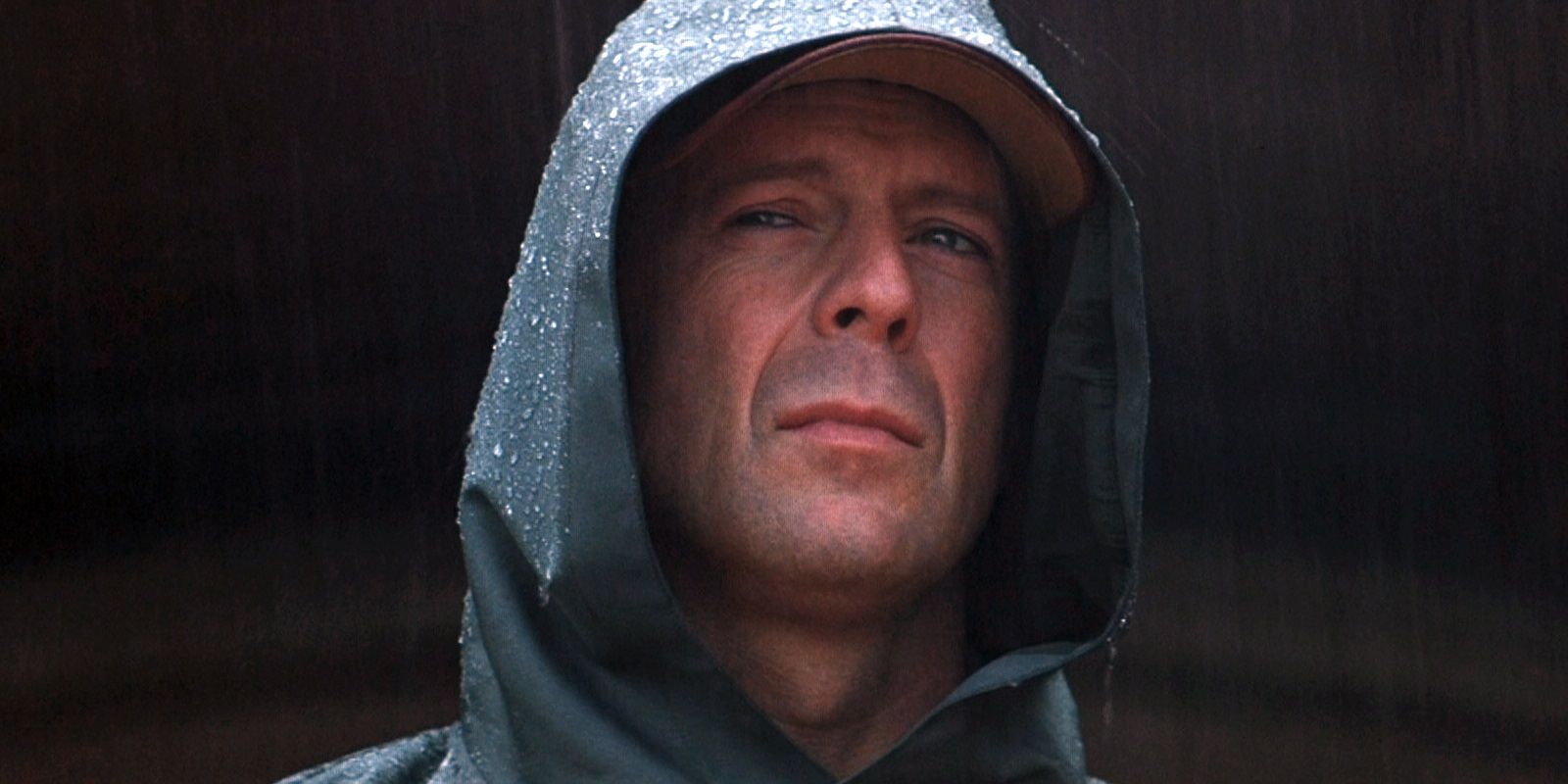
The rest of Shyamalan’s filmography may be up for debate, a collection of polarizing films with fans and detractors, but these top two slots are undeniable. As a follow-up to the phenomenon that was The Sixth Sense, Unbreakable delivers on all of the director’s potential and more. A superhero origin story before such tales were de rigeur at the movie theater, it is one of the only in the genre to actually contend with the psychology of a person realizing they have superpowers. Combine that with two great leading performances, including one of Samuel L. Jackson’s all-time best, and a twist of an ending that’s as satisfying as it is surprising, and it’s no wonder the director’s fans yearn for more offerings from him like this one. Eight years before Iron Man, it’s arguable no movie showed the potential of a serious-minded superhero film better than Unbreakable.
1. The Sixth Sense (1999)
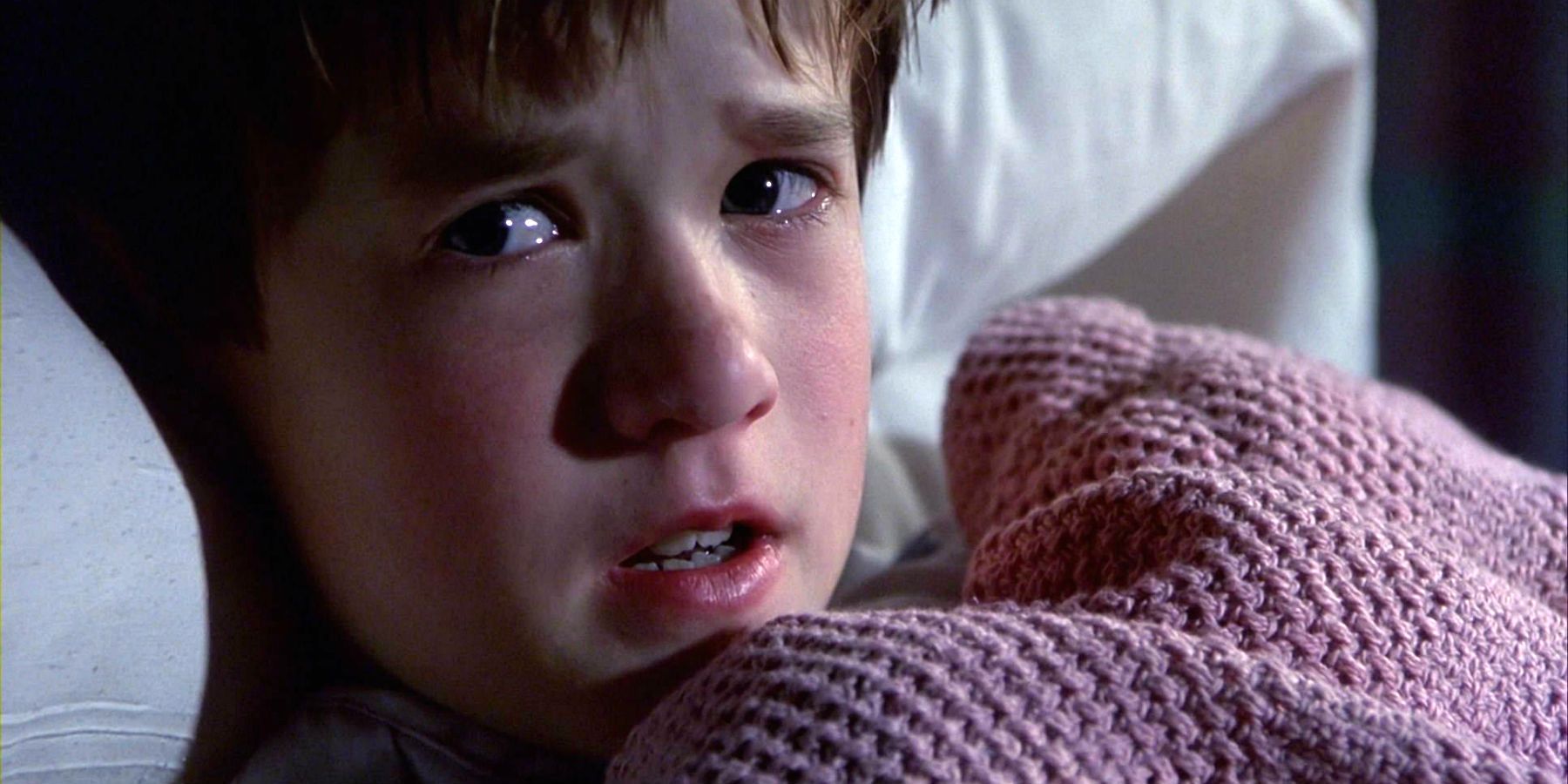
For a director regularly criticized for relying too much on twists, it’s remarkable that one could lop the signature reveal off the end of The Sixth Sense and the film would remain a masterpiece. That’s not to say the ending isn’t a total gut-punch deserving of every bit of praise, merely that M. Night Shyamalan weaves the tale of a child psychologist (Bruce Willis) looking to help a young boy who sees dead people with such precisely engaging tension that it’s disappointing (albeit understandable) that he interpreted the twist as the thing audiences wanted more of. The Sixth Sense is genuinely frightening, and much of the terror comes from what is unseen: that chilling sequence where Cole is locked in a closet with an unseen abusive force, or the moment when Toni Collette steps out of the kitchen for a moment, only to return and find all the cabinets opened wide.
The film’s heart, however, rests in its power as a story about healing, for Willis’ psychiatrist trying to make right after failing a previous patient, for Haley Joel Osment’s Cole trying to persevere over the burden of his ability, and for Knives Out’s Toni Collette struggling to find closure with her deceased mother. The central trio of actors delivers in spades, in particular Collette and Osment, who both should have arguably taken home Oscars for their work. It’s foolish to boil down the power of The Sixth Sense to its iconic twist. Overall, this is that rare type of phenomenon, an instant classic that holds up to this very day.
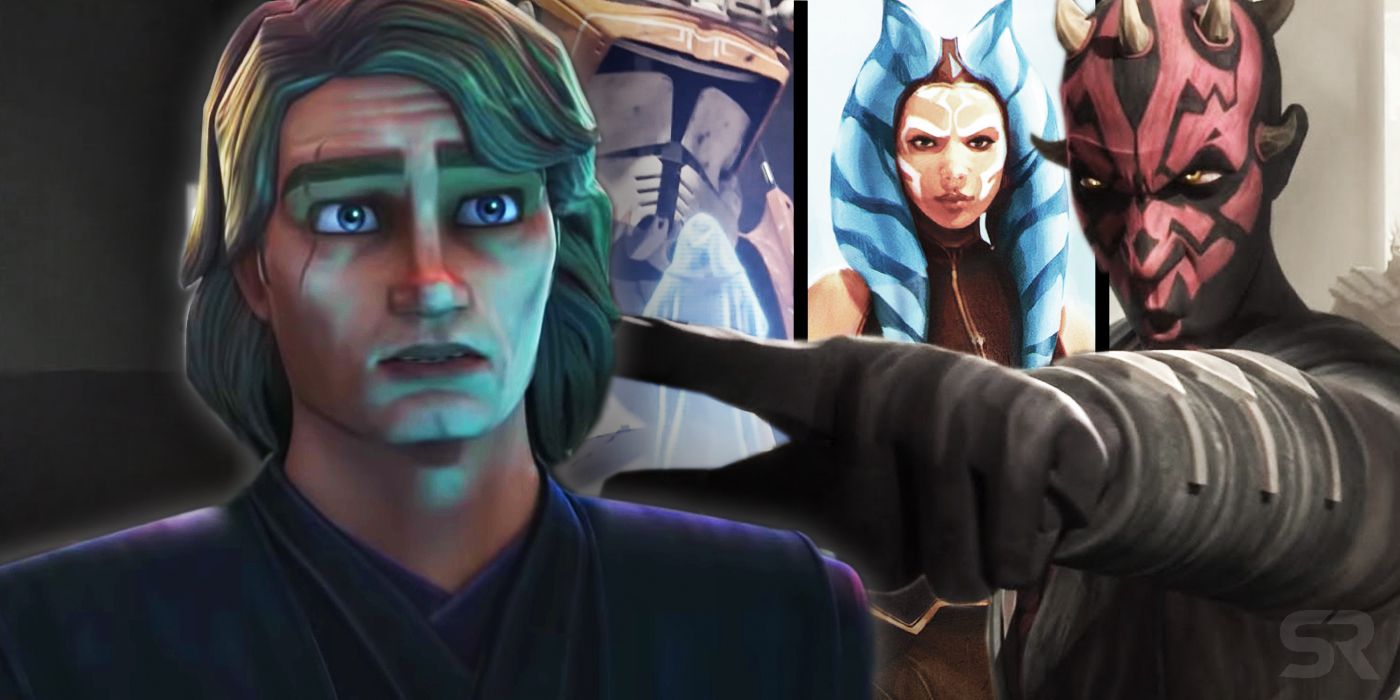
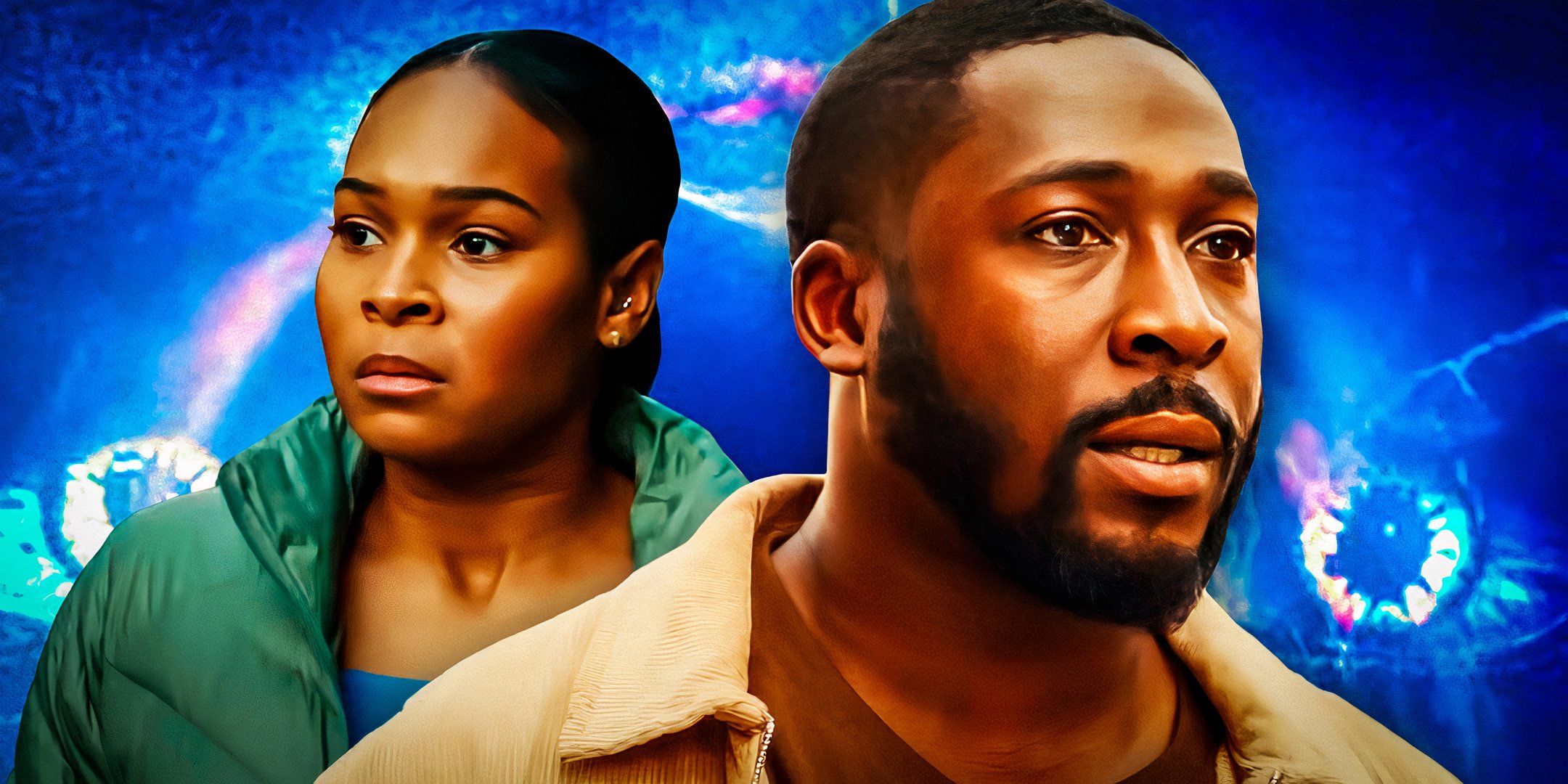

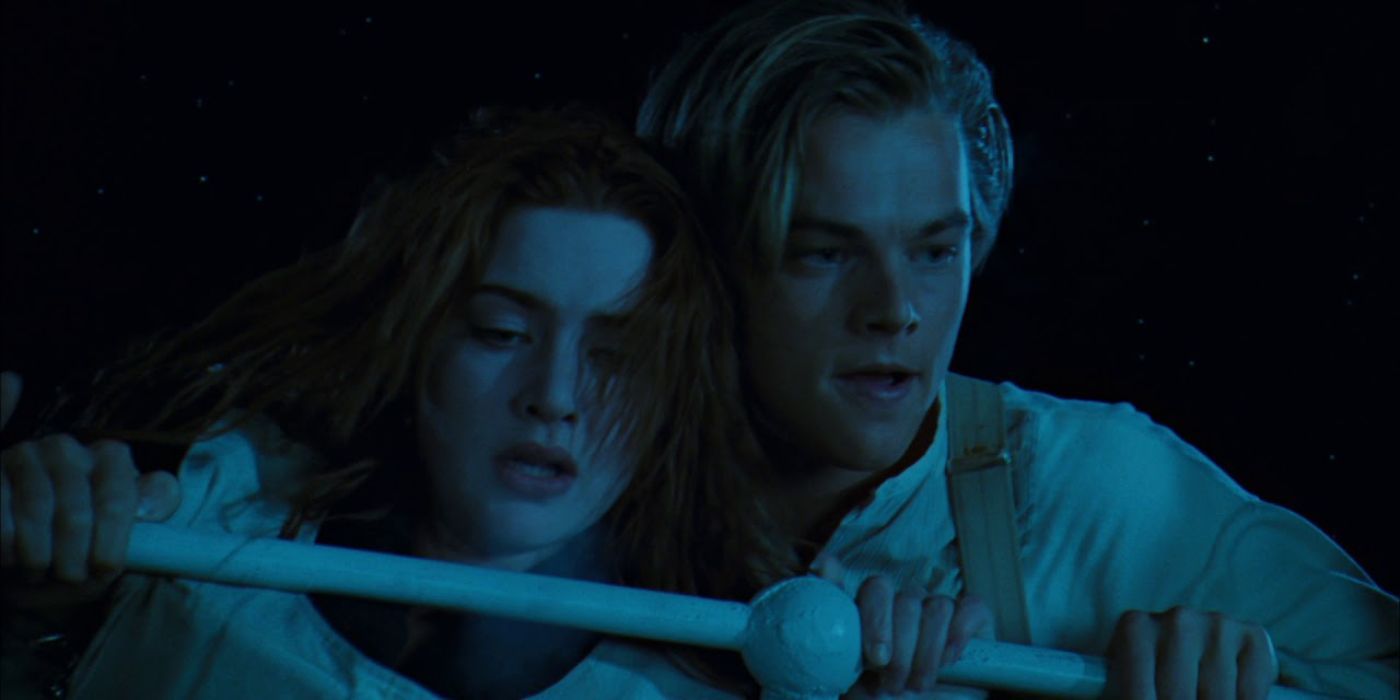
-Featured.jpg)
